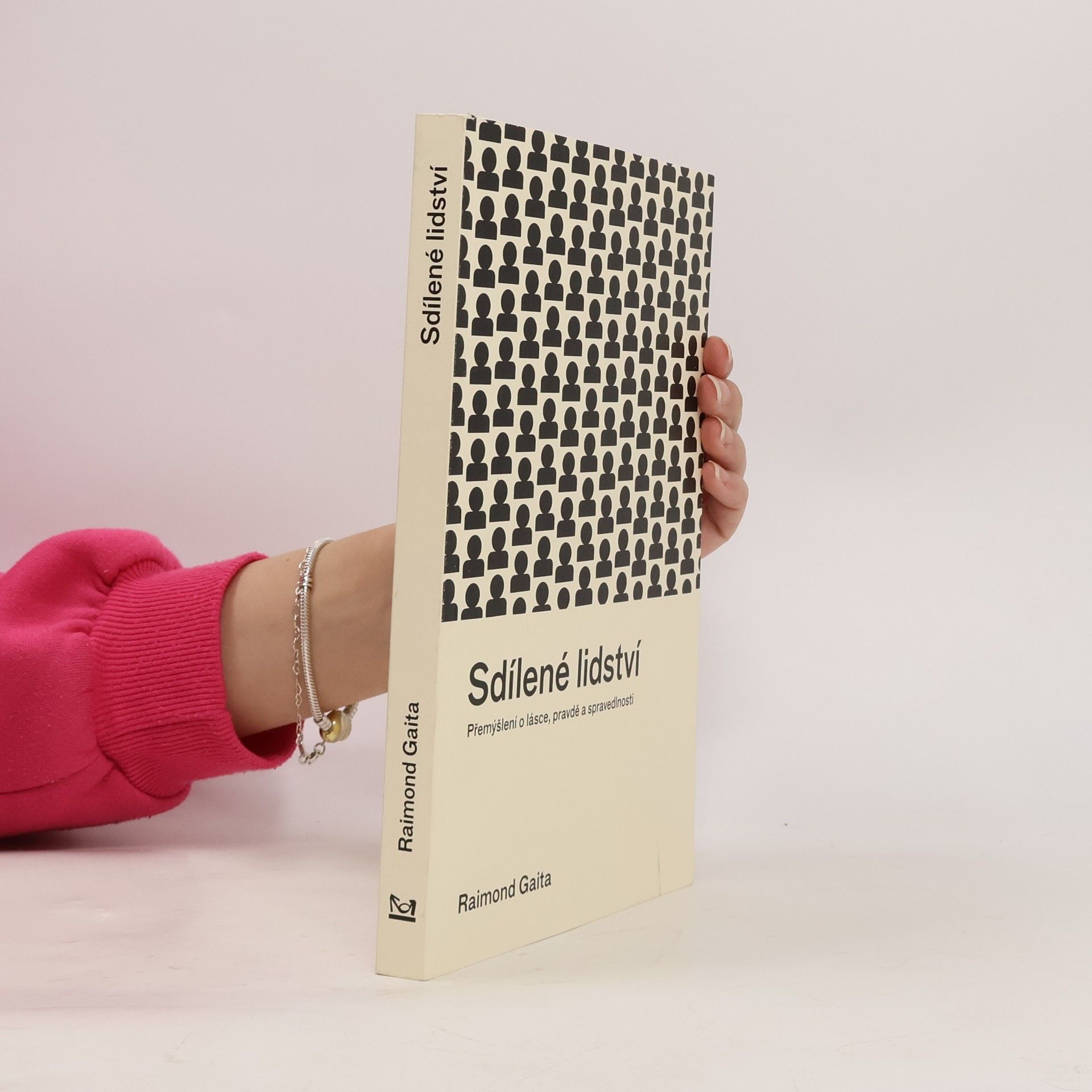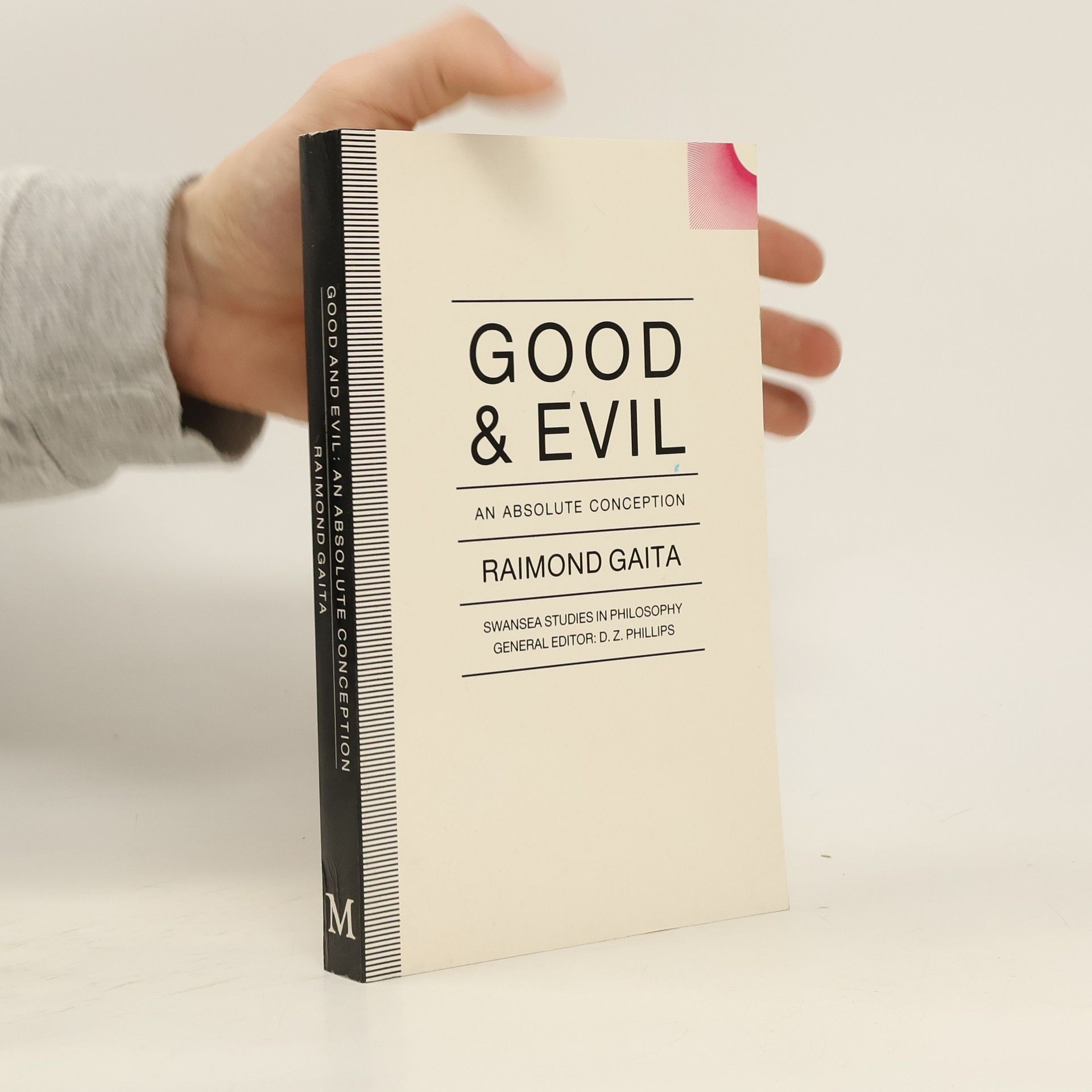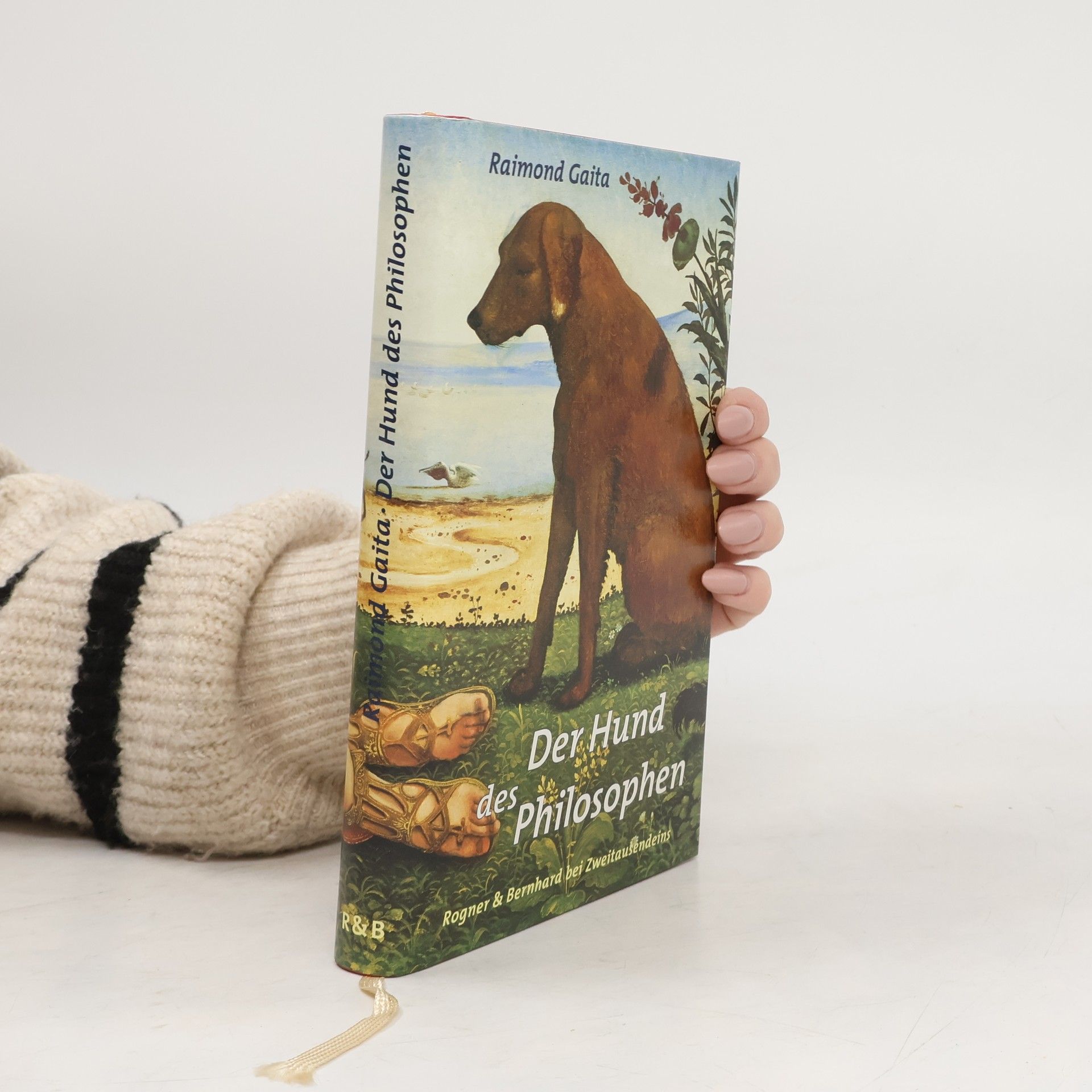Raimond Gaita, Autor und Dozent, beleuchtet in seinen Erzählungen die komplexe Beziehung zwischen Menschen und Tieren. Seit Darwin wissen wir, dass wir eng mit dem Tierreich verbunden sind. Die meisten Menschen leben mit domestizierten Tieren zusammen und haben unterschiedlichste Begegnungen mit ihnen. Gaita stellt Fragen wie: Was passiert, wenn wir ein Tier in unsere Welt aufnehmen? Warum berührt uns der Tod eines Rehs mehr als der einer Fliege? Und was versteht ein Hund, der ein weinendes Kind tröstet? Er erzählt von seinen eigenen Erfahrungen mit Tieren, darunter sein erster Hund Orloff und der Kakadu Jack. Diese Geschichten sind geprägt von Vertrautheit und Fremdartigkeit, Liebe und Leid, und sie berühren den Leser, ohne sentimental zu sein. Gaita nutzt nachvollziehbare Erlebnisse als Ausgangspunkt für tiefere philosophische Überlegungen und formuliert komplexe Gedanken auf verständliche Weise. Inspiriert von Ludwig Wittgenstein fragt er, ob wir unsere menschlichen Mitgeschöpfe wirklich besser verstehen als Tiere. Sein Fazit ist, dass das bescheidene Anerkennen unserer Bedürfnisse als Kreaturen der beste Schutz vor Überheblichkeit gegenüber Menschen und Tieren ist.
Raimond Gaita Bücher





Raimond Gaita's Good and Evil is one of the most important, original and provocative books on the nature of morality to have been published in recent years. It is essential reading for anyone interested in what it means to talk about good and evil. Gaita argues that questions about morality are inseparable from the preciousness of each human being, an issue we can only address if we place the idea of remorse at the centre of moral life. Drawing on an astonishing range of thinkers and writers, including Plato, Wittgenstein, George Orwell and Primo Levi, Gaita also reflects on the place of reason and truth in morality and ultimately how questions about good and evil are connected to the meaning of our lives. This revised edition of Good and Evil includes a substantial new preface and afterword by the author.
Exploring the intricate relationship between truth, morality, and politics, Raimond Gaita delves into the concept of trust in political discourse. He questions the significance of truthfulness in leadership and examines the extent of political and moral divisions, drawing parallels with the American context. Additionally, Gaita scrutinizes whether the war on terror justifies actions that were previously deemed unacceptable, challenging readers to reflect on contemporary political ethics.
Raimond Gaita's writings explore the essence of genuine conversation and our shared humanity amidst a landscape of superficial communication and societal challenges. He addresses pressing issues such as genocide, the War on Terror, and the injustices faced by Australia's First Peoples, while reflecting on the need for truth in politics and the impact of crises like the COVID-19 pandemic. Gaita's moral vision emphasizes unconditional love for the world as a source of hope and a guide to fulfilling the demands of justice, urging readers to embrace what it means to be human.
Sdílené lidství : přemýšlení o lásce, pravdě a spravedlnosti
- 248 Seiten
- 9 Lesestunden